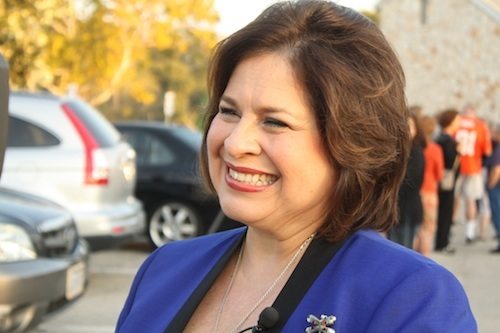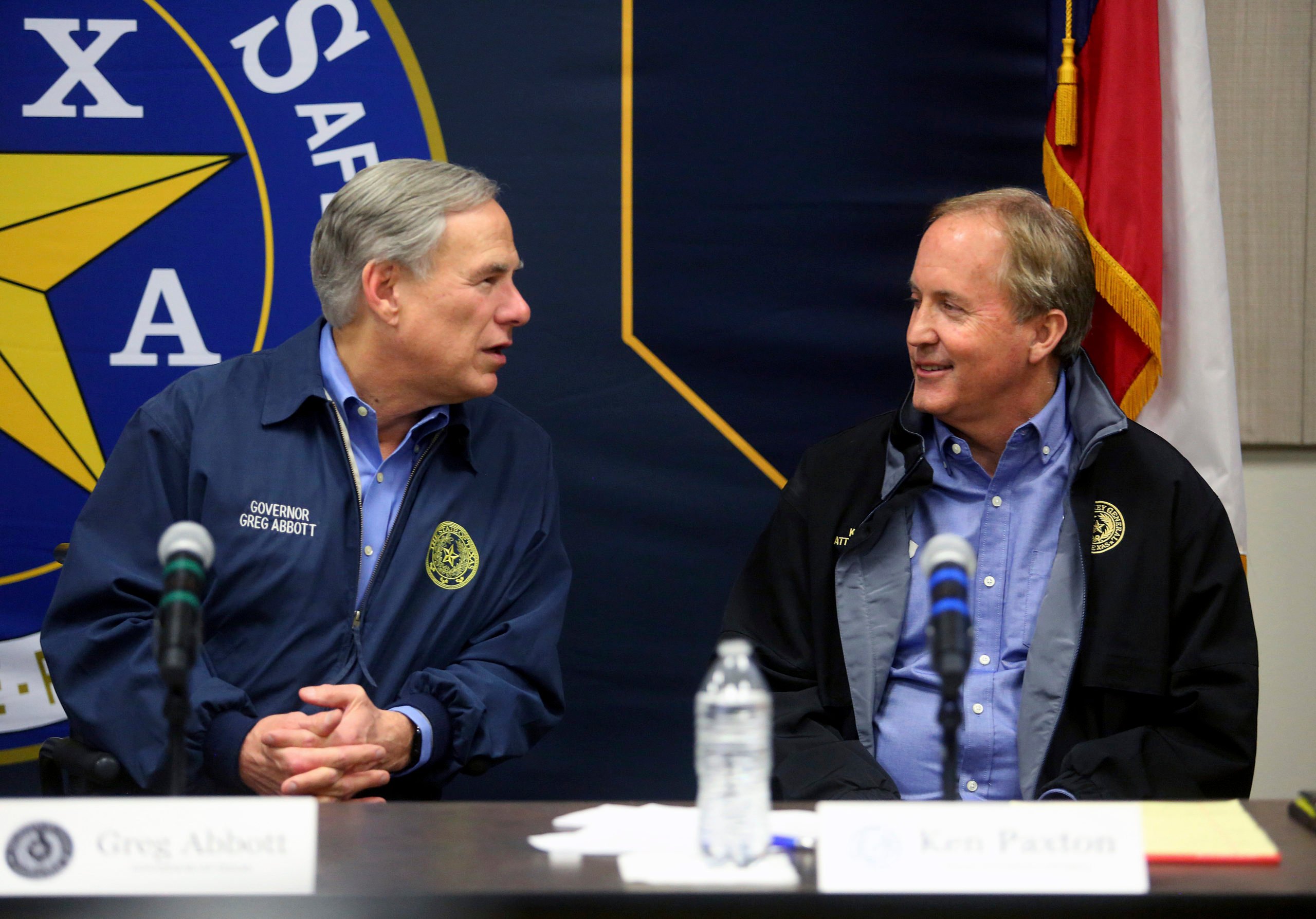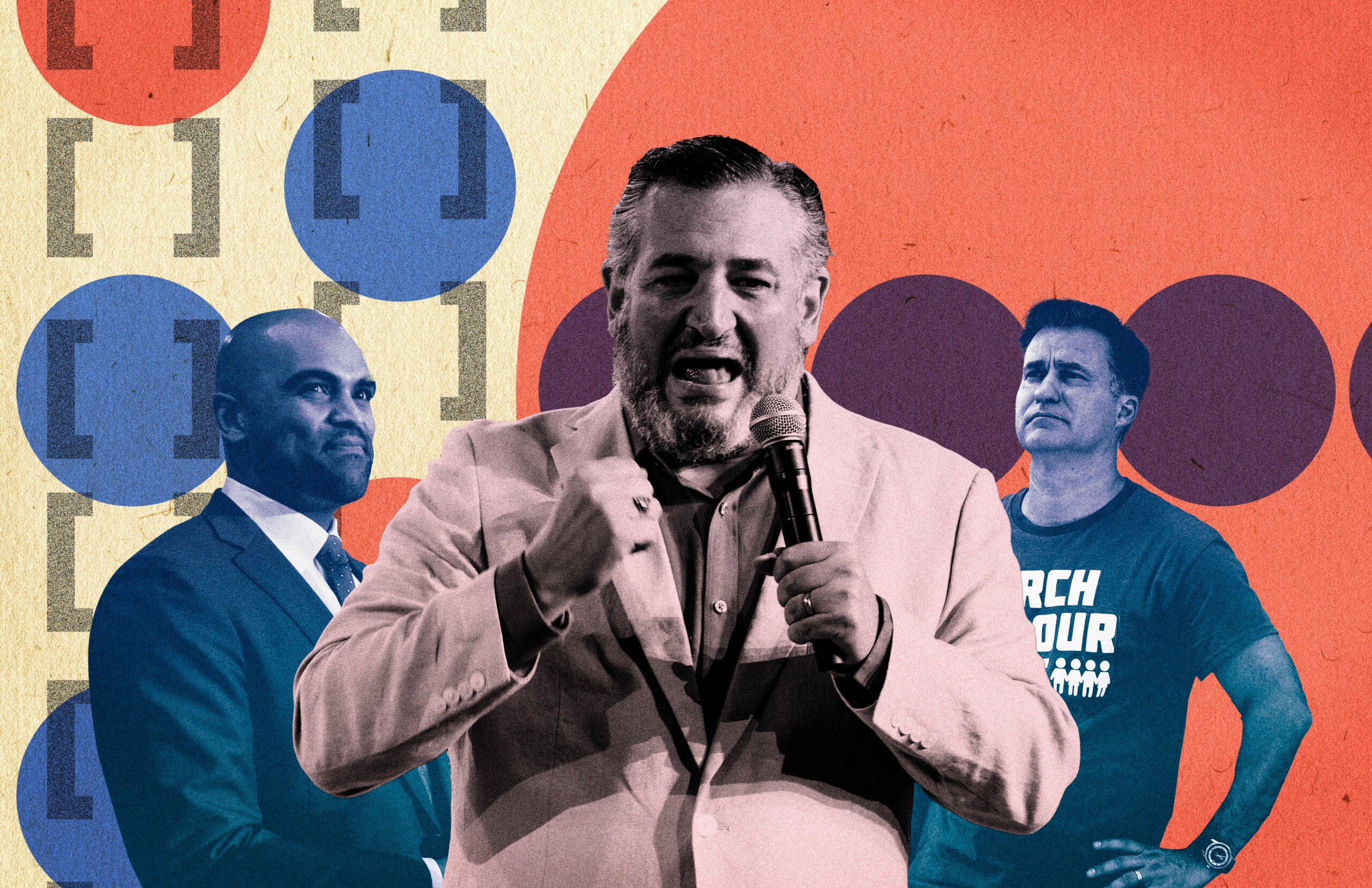
Alamo City Mayoral Race Heats Up

A version of this story ran in the May 2015 issue.
When Leticia Van De Putte ran for Lieutenant Governor, she was beloved by the Texas Democrats. She was a long shot, with a fraction of the resources allocated to her ticket mate Wendy Davis and to her opponent, Dan Patrick. A better retail candidate than either, Van de Putte was forced to rely on free media and a statewide bus tour that never gained much traction. But to her supporters, she furthered her mythic status.
Now, the tables are turned. Shortly after losing the election, Van de Putte dropped off of her longtime perch in the Senate to run for mayor of San Antonio. She’s no longer a fearless underdog: At the beginning of the race, her name recognition and ability to raise money seemed to make her a formidable challenger for the city’s top job—perhaps, for her three opponents, prohibitively so. And yet Van de Putte has struggled mightily, partly because of that dominance.
In the run-up to the May 9 election, likely to result in a runoff, the former state senator fired virtually her entire campaign staff, something campaigns usually avoid at all costs to avoid the perception of panic. But it’s her attempt to play her biggest trump card—using her state campaign account, flush with money from the lieutenant governor race—that’s caused the most consternation in San Antonio.
The Alamo City has fairly strict campaign finance laws for municipal races, including a $1,000 limit on donations from individuals. That’s decidedly unlike laws for statewide races, in which pretty much anything goes. Van de Putte’s opponents—former state Rep. Mike Villarreal, current mayor Ivy Taylor, and county commissioner Tommy Adkisson—have always had to raise money with these restrictions. Villarreal transferred a small amount of money from his statewide account, but took special steps outlined in the law to ensure that the contribution limit was not violated, including sending money past the limit back to his donors.
So when Van de Putte announced in the last week of March that she would be rolling over roughly $300,000 from her statewide account to her municipal campaign, heads turned. That’s a hugely consequential amount of money in the context of a mayoral race, and Van de Putte’s campaign initially declared that it would take none of the steps Villarreal did to ensure strict compliance with San Antonio law. That provoked a lot of bluster from her opponents. Adkisson and Villarreal, generally presumed to be in third and fourth place as the campaign rolls on, held a joint press conference in which an Adkisson strategist called the plan a “money laundering scheme.” Villarreal later filed an ethics complaint.
The bid to drown her opponents in statewide money absolutely violated the spirit, if not the letter, of San Antonio’s campaign finance law, and it became a story in itself. Like many Democrats who were desperate to beat Patrick, Villarreal gave $25,000 to Van de Putte’s lieutenant governor campaign. Was Van de Putte raising money for her statewide account in the closing weeks of her race, when victory was clearly out of her grasp, knowing that she’d use it to run for mayor?
Eventually, Van de Putte retreated under pressure. She would apply the same strict scrutiny Villarreal had used to her own funds. She’ll only be able to use about half of the $300,000 now—still a consequential amount. But the strangely ill-considered attempt poses a question: Is Van de Putte acting from a position of strength, or weakness?


